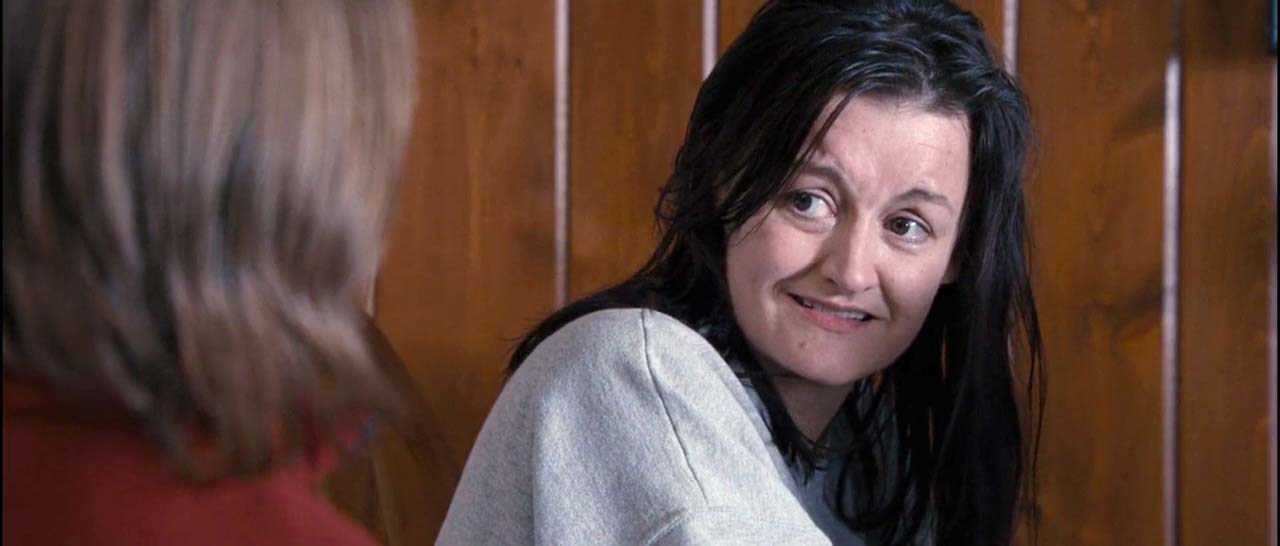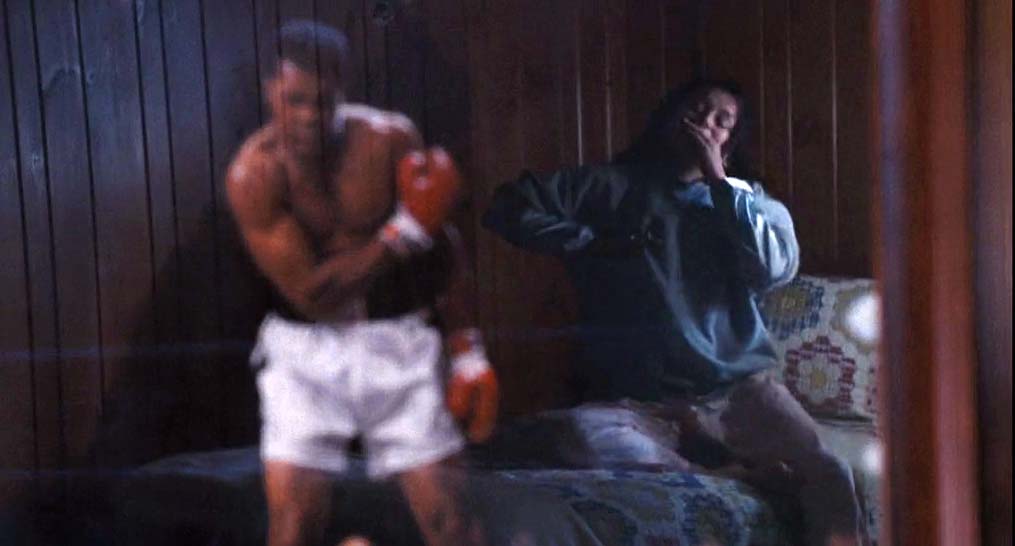A film that, despite its obvious and pervasively noted short-comings movingly exalts an invisible cinematic underclass of dysfunctional human life and offers an interesting indication of what might be considered the anti-superhero cinema.xxxxxxxxxxxxxxxxxxxxxxxxxxxxxxxxxxxxxxxxxxxxxxxxxxxxxxxxxxxxxxxxxxxxxxxxxxxxxxxxxxxxxxxxxxxxxxxxxxxxxxxxxxxxxxxxxxxxxxxxxxxxxxxxxxxxxxxxxxxxxxxxxxxxxxxxxxxxxxxxxxxxxxxxxxxxxxxxxxxxxxxxxxxxxxxxxxxxxxxxxxxxxxxxxxxxxxxxxxxxxxxxxxxxxxxxxxxxxxxxxxxxxxxxxxxxxxxxxxxxxxxxxxxxxxxxxxxxxxxxxxxxxxxxxxxxxxxxxxxx
The Accountant punches through cinematic representations of super-hero movie stereotypes to plant the seed of a common-man anti-hero of everyday struggles that has the effect of elevating life's social, family, and mental dysfunctions to problems imbued with extra-ordinary potential.
Certainly, the film is marred by inconsistencies and incongruities that disrupt its tempo to the point of being laughable; but what it achieves, by the time the final sequence begins, is nothing short of profoundly moving: its reflection of the cinematic over and against the mass of humanity that exists invisibly struggling despite the fact that it is not represented in its glamorizing, validating, legitimizing, and normalizing images. And this act gives some glimmer of hope and faith for a more pervasive effort to direct the power of cinema to focus instead on exalting simple acts of thinking, acting and holding true to very ordinary convictions and common-sense appraisals of situations through which a new form of morality and inter-personal relationship (not over-determined by conventional appearances and authoritative speech, but by discreet and unrecognized acts of concern that take many unexpected forms) might arise and achieve historic, transformative and revolutionary dimensions through the power of their cinematic representations.

In this sense, Affleck and director Gavin O'Connor deserve credit for what they've achieved in this film that necessarily threads a delicate line between parody (of the 22 Jump Street or Naked Gun variety) and an expansive seriousness punctuated by an interesting form of comedy in which hollow cinematic persona's are repeatedly revealed to be little more than contrivances that quickly fall in face of ordinary motivations (the final scene where John Lithgow as an unmasked villain makes his final vehement demand for continued existence for the invaluable work he does as a powerful corporate CEO and is casually shot in the head by Affleck makes this point precisely, as it is hilarious at the same time that it doesn't dwell on the momentary self-awareness following this act). Certainly, the film could have been better constructed, perhaps by being longer and allowing the slow, deliberateness that the film's core communicability depends on more time to breathe and develop its multiple inter-twined plot-lines. However, the emergence today of what amounts to a self-critical cinema is something worth supporting, both because it is much more interesting than the endlessly repackaged history of cinema, but also because it represents a potential realignment of the cinema with the contemporary truth of human experience, all without simultaneously becoming itself dull and devoid of the expansive dimension of the cinematic and its potential for inspiration1. It is in this way that The Accountant is interesting, worth watching, and, certainly, worth taking seriously as it re-inscribes the ordinary into the cinematic rather than the cinematic into the ordinary.
Footnotes
This, perhaps might be considered one of the problems a Scandinavian cinema might pose, as its representations have shown a tendency now to become so overly ordinary and riddled with generic human flaws—i.e., Borgen, Making a Murderer—that they no longer seem concerned with transcendental human achievement. ↩
